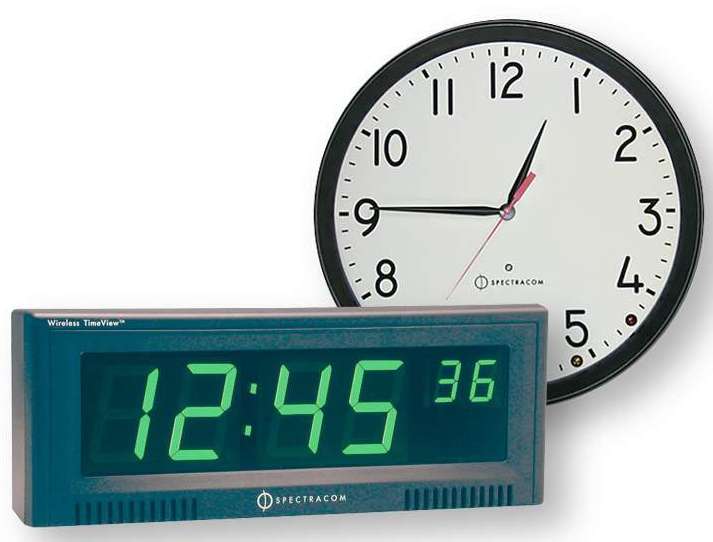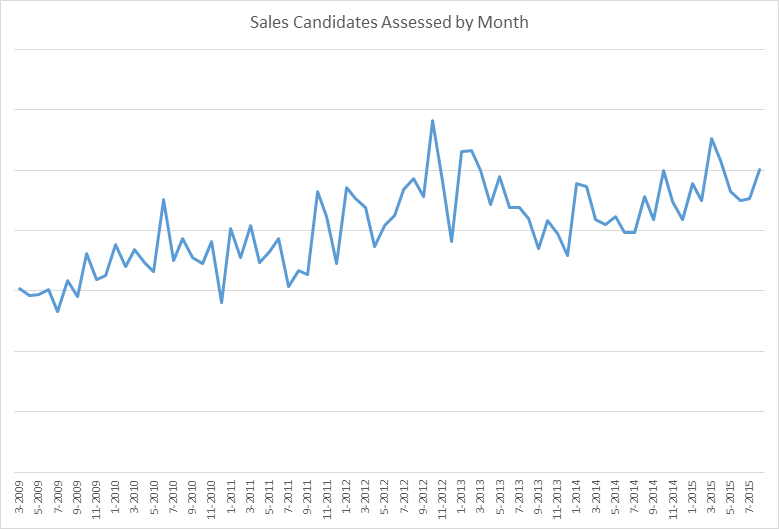sales selection tool
-
The Deal Breaker That Prevents you From Hiring a Great Salesperson
- January 13, 2020
- Posted by: Dave Kurlan
- Category: Understanding the Sales Force

One of the questions we are often asked by HR Directors is, “Can people game the OMG assessment?” Of course they can try, but we have a very effective algorithm that smokes out those who attempt to cheat. It doesn’t happen very often that somebody attempts a big cheat but when it does, it’s almost magical in the way we uncover them.
There is a very small percentage of salespeople who attempt an all out cheat. This unethical group can usually be found in the category of weak salespeople – the bottom 50% – which explains why they think they need to cheat. But what happens if a good salesperson attempts to game the system? What would that look like?
-
Do You Know if Your Sales Organization is Digital or Analog?
- August 4, 2016
- Posted by: Dave Kurlan
- Category: Understanding the Sales Force

During our very first conversation with a CEO, the talking path is determined by whether their company is analog or digital.
Digital companies are typically on the cutting edge in their thinking and actions, their CEO’s read content like this, are active on LinkedIn and Twitter, they are aware that selling has changed dramatically, they already have inside sales teams, playbooks, demo decks, sales enablement, online tools beyond CRM and in true digital fashion, they live by their KPI’s which count the elements of their work flow.
Analog companies are old school. Analog salespeople still pound the phones to find opportunities, and visit their prospects to close sales. Their CEO’s may have a LinkedIn account, but it probably isn’t used much, they don’t tweet, read online content like this, and most importantly, have little clue about how dramatically selling has changed in the past 5 years. They may not be aware of the migration to inside sales, typically make little use of selling tools, don’t know what a sales playbook is, and in true analog fashion, measure work product, not flow.
The difference between work flow in a digital company versus work product in the analog company is dramatic too.
-
Did You Know That There is a Season for Hiring Salespeople?
- September 17, 2015
- Posted by: Dave Kurlan
- Category: Understanding the Sales Force

Did you know that when it comes to hiring salespeople, there are also seasonal trends we know to be true ?
-
The Two Sides of Likable Salespeople
- July 23, 2015
- Posted by: Dave Kurlan
- Category: Understanding the Sales Force

Do sales leaders find certain salespeople to be more likable? Do prospects and customers find certain salespeople to be more likable? Are likable and integrity intertwined? Can you have likable salespeople who lack integrity?
Some more questions…
-
Epic Debate on the Science of OMG’s Sales Assessment
- March 9, 2015
- Posted by: Dave Kurlan
- Category: Understanding the Sales Force

In my opinion, that very conversation is now the ultimate, defining conversation comparing the science behind OMG’s award-winning sales assessments, to gut instinct, faith, intuition and experience. The conversation explored whether or not the science was accurate, valid, predictive, consistent, and reliable. The contrarions weighed in, the know-it-alls spoke up, and eventually, the supporters arrived in droves. If you read only one article/discussion on sales selection tools in your lifetime, this must be the one. Read and Join the discussion here, but I warn you, it contains a LOT of very compelling and highly-charged reading.
-
One Thing Missing from The New Way of Selling – Part 2
- July 2, 2014
- Posted by: Dave Kurlan
- Category: Understanding the Sales Force
Selling is still selling and while a lot has changed in the last 10 years, a lot of it hasn’t. I’m a social seller. Social sellers get found, find prospects and connect using a myriad of social selling tools. But once a meeting has been scheduled, the social must be dropped in favor of the selling. A prospect should only be aware of a terrific conversation, but process and methodology must be hidden backstage.

